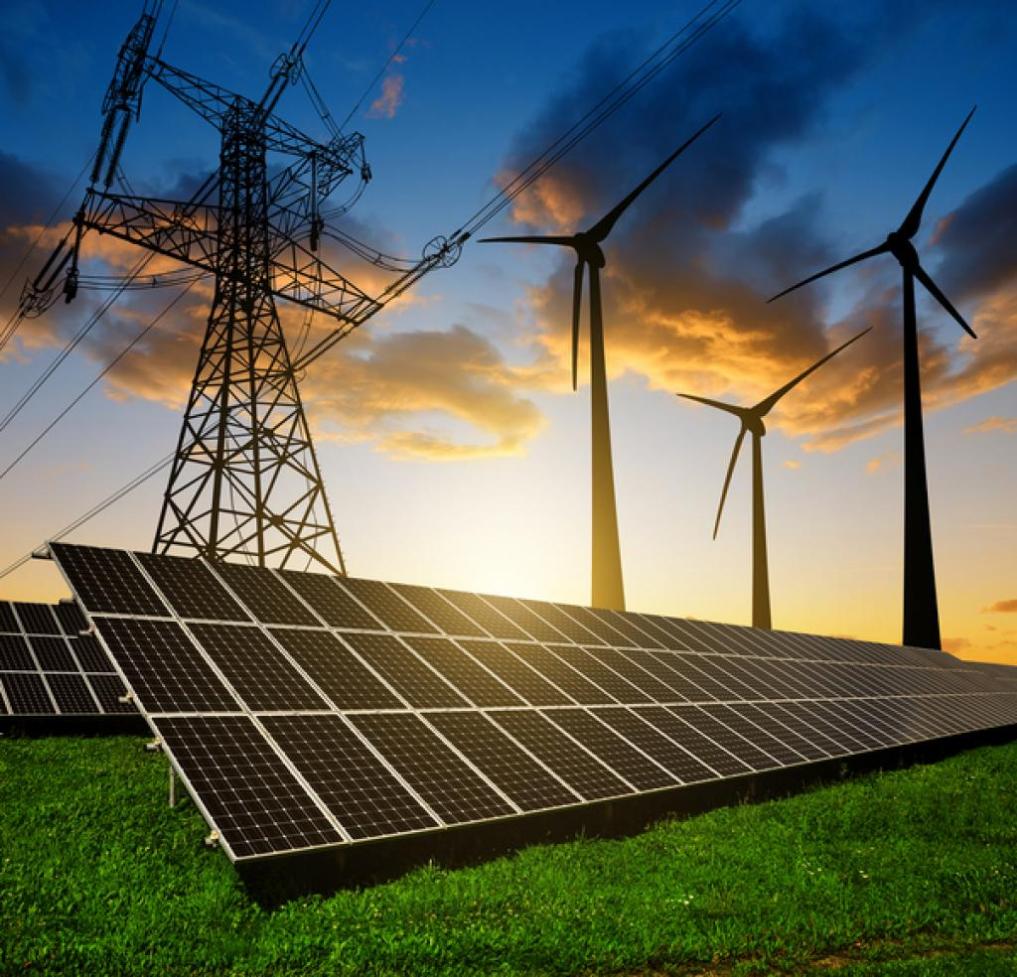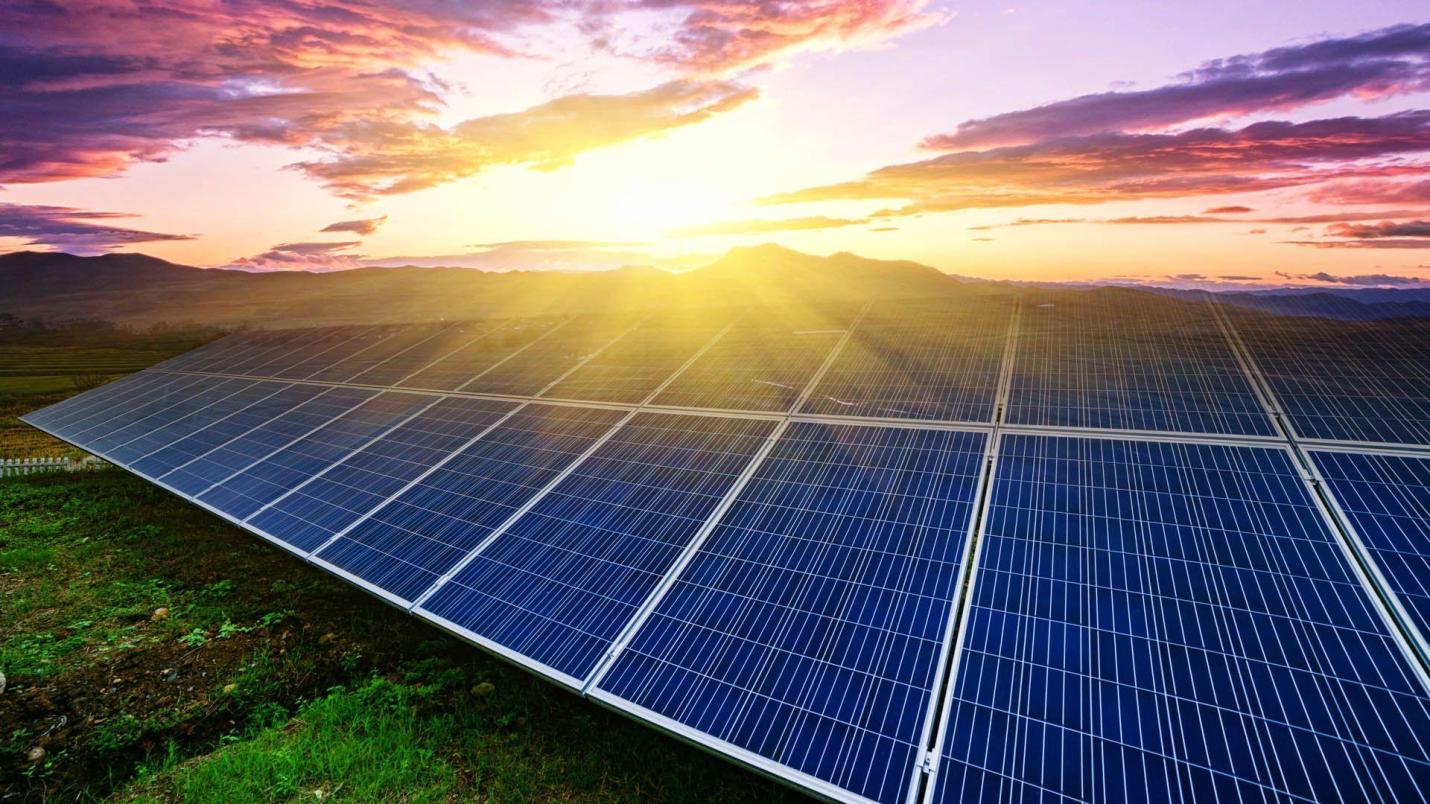How Does Renewable Energy Work?
Renewable energy is energy derived from natural sources that can be replenished over time. It plays a crucial role in addressing climate change and enhancing energy security.

Types Of Renewable Energy
Solar Energy
- Photovoltaic cells: Convert sunlight directly into electricity.
- Concentrated solar power: Uses mirrors to focus sunlight onto a receiver, generating heat for electricity production.
Wind Energy
- Turbines: Convert the kinetic energy of wind into electricity.
- Wind farms: Groups of turbines that work together to generate large amounts of electricity.
Hydropower
- Dams: Create reservoirs of water that generate electricity as it flows through turbines.
- Run-of-the-river systems: Utilize the natural flow of water to generate electricity without the need for dams.
Geothermal Energy
- Geothermal wells: Tap into the Earth's core heat to generate electricity or heat buildings.
- Ground-source heat pumps: Extract heat from the ground for heating or cooling purposes.
Biomass Energy
- Burning organic matter: Produces heat or electricity through combustion.
- Biogas production: Generates methane gas through anaerobic digestion of organic matter, which can be used for electricity or heating.
How Renewable Energy Systems Work
Solar Energy
Photovoltaic cells convert sunlight into electricity by absorbing photons and generating an electrical current. Concentrated solar power systems use mirrors to focus sunlight onto a receiver, which heats a fluid that drives a turbine to generate electricity.
Wind Energy
Turbines have blades that rotate when exposed to wind. The kinetic energy of the wind is converted into mechanical energy, which is then converted into electricity by a generator.
Hydropower
Dams create reservoirs of water that are released through turbines. The falling water generates electricity as it passes through the turbines. Run-of-the-river systems use the natural flow of water to turn turbines and generate electricity.
Geothermal Energy

Geothermal wells tap into the Earth's core heat, which is used to heat a fluid that drives a turbine to generate electricity. Ground-source heat pumps use a loop of pipes buried underground to extract heat from the ground for heating or cooling purposes.
Biomass Energy
Organic matter, such as wood, crops, or animal waste, is burned to produce heat or electricity. Biogas is produced through anaerobic digestion of organic matter, which can be used for electricity or heating.
Advantages And Disadvantages Of Renewable Energy
Advantages
- Clean and sustainable: Produces little to no greenhouse gas emissions.
- Reduces greenhouse gas emissions: Helps mitigate climate change by replacing fossil fuels.
- Creates jobs and economic growth: Supports industries involved in research, development, and deployment of renewable energy technologies.
Disadvantages
- Intermittent (except for geothermal): Solar and wind energy are dependent on weather conditions, which can affect their reliability.
- Can require large land areas: Large-scale solar and wind farms may require significant land use.
- Can be expensive to install: Initial costs of renewable energy systems can be higher than fossil fuel-based systems.
The Future Of Renewable Energy
Renewable energy is becoming increasingly important as the world transitions to a clean energy future. Growing concerns about climate change and the need to reduce greenhouse gas emissions are driving the demand for renewable energy. Technological advancements and cost reductions are making renewable energy more accessible and affordable.
Renewable energy offers a sustainable and clean alternative to fossil fuels. It plays a crucial role in addressing climate change and enhancing energy security. While renewable energy technologies have their advantages and disadvantages, advancements in technology and falling costs are making them increasingly viable. The future of energy lies in the widespread adoption of renewable energy sources to create a sustainable and low-carbon future.
YesNo

Leave a Reply